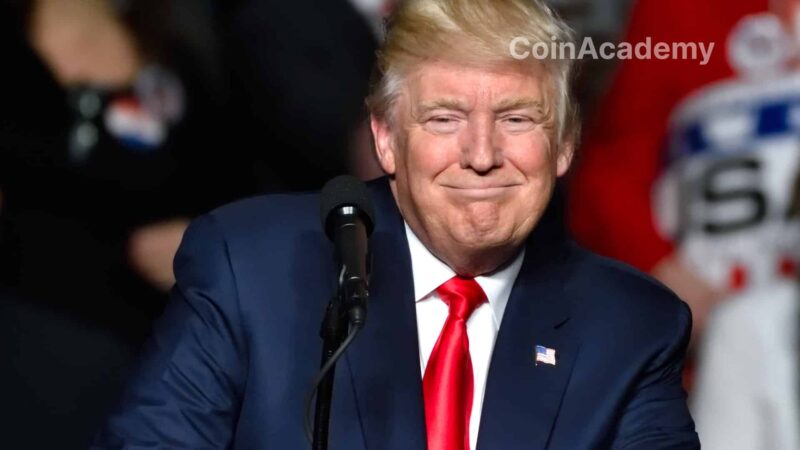The European Union (EU) is taking a decisive step in its ongoing trade dispute with the United States by imposing tariffs in retaliation for American taxes on European steel and aluminum. These new measures will come into effect on April 15th, following the publication of the corresponding legal act.
The EU has accused the US of causing serious harm to global trade with its unjustified taxes on European metals. Brussels has called the American measures “damaging” to both sides’ economies and warns of their systemic impact on global commerce.
In response, the EU will be targeting specific US imports with retaliatory tariffs ranging from 10% to 25%. While the exact details of the products have not been announced, politically sensitive sectors are likely to be affected, as has been the case in previous trade disputes.
However, despite this firm response, the EU is still open to dialogue and seeks to avoid further escalation. The tariffs “could be suspended at any time” if the US agrees to a fair and balanced negotiated solution. This leaves room for potential negotiations while placing diplomatic responsibilities on Washington.
The EU’s willingness to maintain the option of immediate withdrawal of sanctions reflects its traditional stance of remaining firm but open to discussions. It serves as a reminder that trade is not only an economic tool but also a diplomatic lever for the Union.
The announcement of these trade tensions has had an immediate impact on financial markets. The prospect of increased protectionism has caused US indices, such as the S&P 500 and Nasdaq, to fall by over 10% in just a few days. The cryptocurrency market has also been affected, with Bitcoin experiencing an approximate 8% drop, amid general distrust of risky assets.
This uncertainty highlights how political decisions can affect both traditional and digital markets. The global trade dispute is no longer just a commercial disagreement but a source of global volatility with profound repercussions on the world economy.




